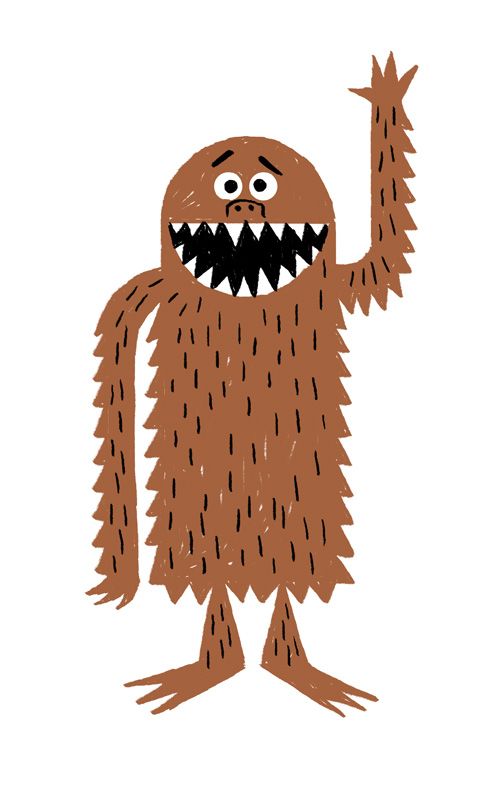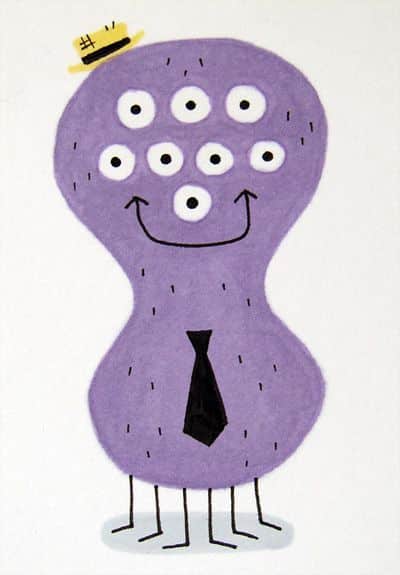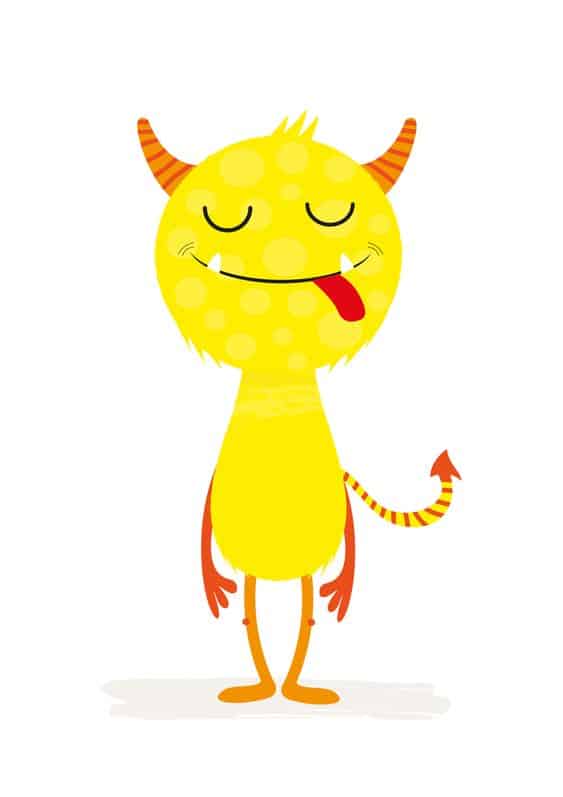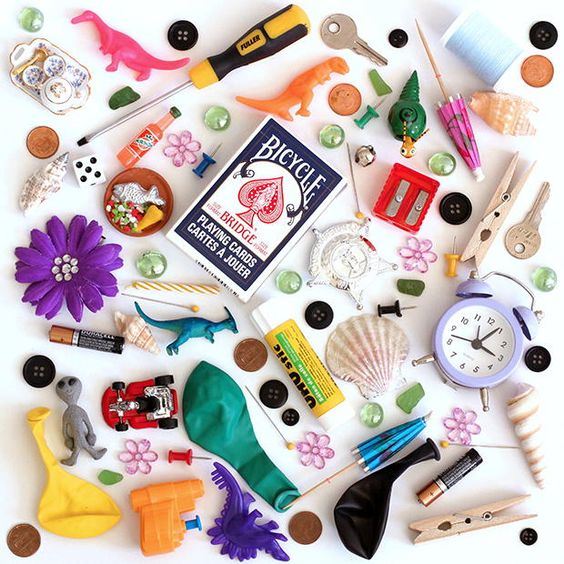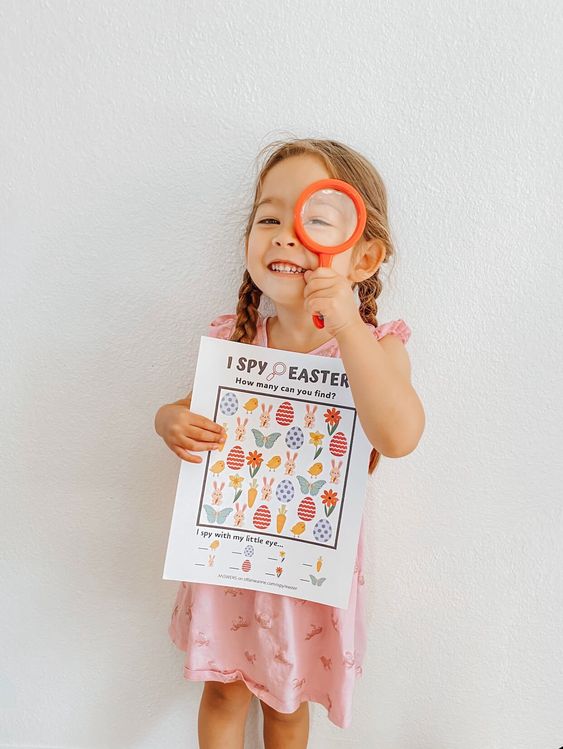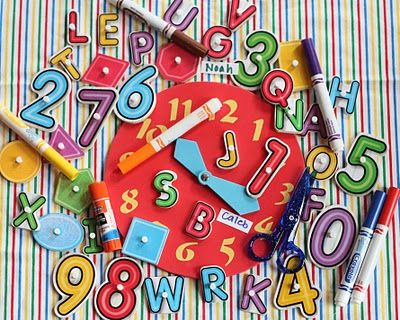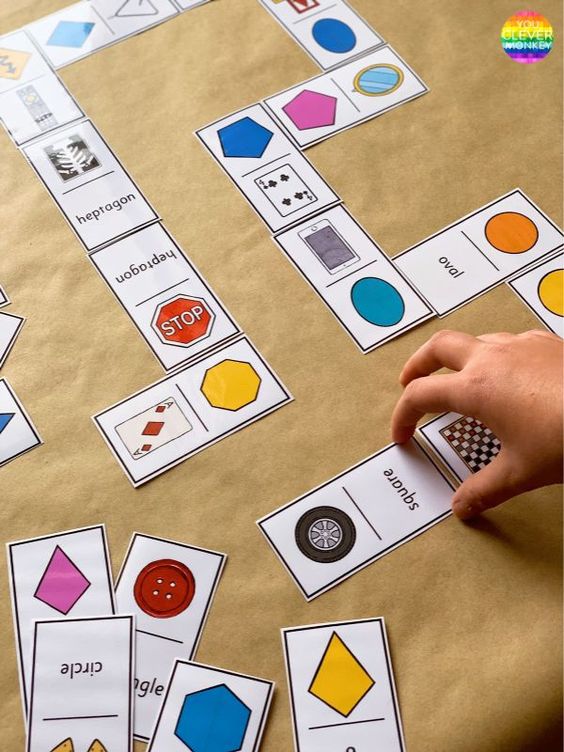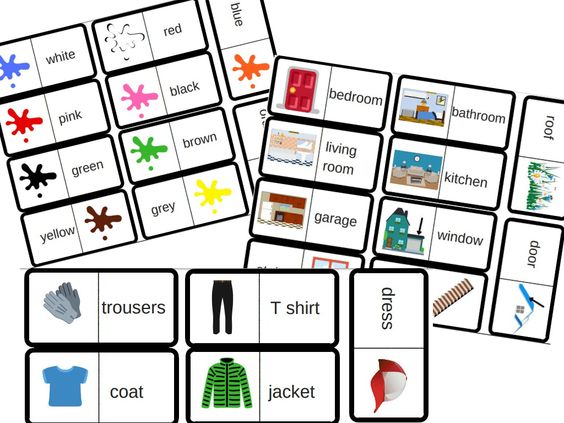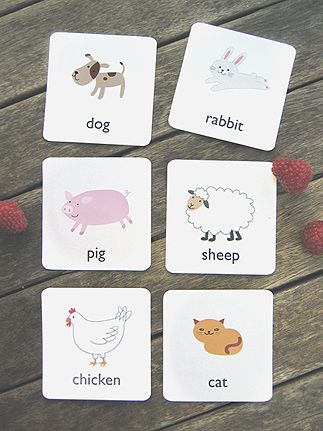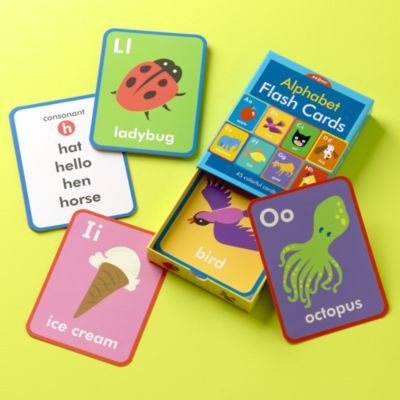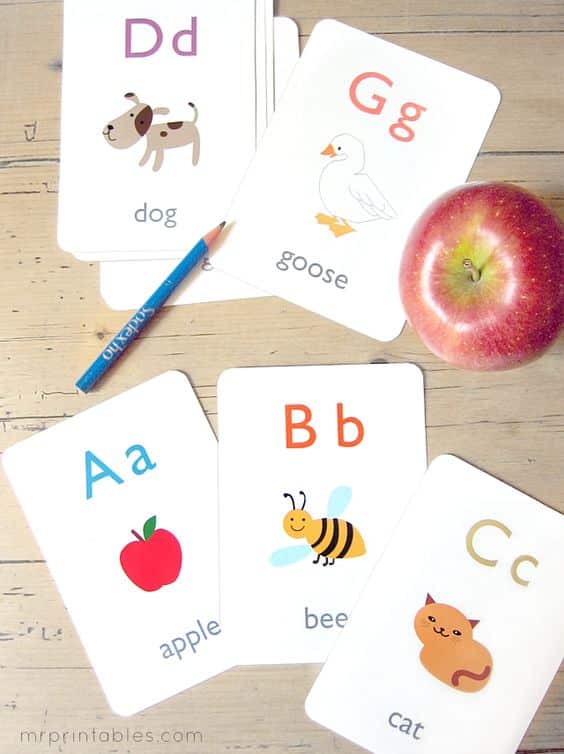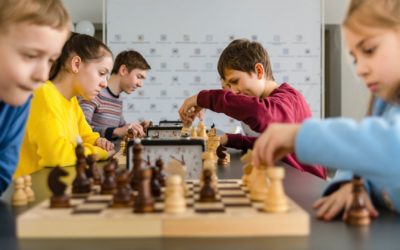Learning through play is one of the best ways to teach children. Play allows children to discover and learn while having fun. If your childcare assignment includes English language training, why not introduce games to teach children English?
To help you in this mission, Kidlee shares with you 6 great games to teach English to kids in a fun way!
Draw the monster
This activity helps children learn words and associate them with their meaning in a fun way. Ideal for learning English while having fun. And above all to enrich their English vocabulary. To do this, provide the children with white paper, pencils, crayons or markers and explain the instructions. The goal of the game is to draw a monster according to your instructions.
Have the children draw their monsters by part. And at each step, you will have to show the part you are describing in English. For example: ''Draw the face'' by showing your face. Draw 3 eyes'' by pointing to the number 3 with your fingers while indicating the eyes and so on for each part of the body. To go further and according to the knowledge of the children, you can also indicate the colors of these parts as well as their shapes or sizes. Example: ''the body is blue and round'' ... ''the nose is orange and very large''.
In addition to learning vocabulary, children will have fun making a monster straight out of your imagination and then proudly show their masterpieces to their parents!
You can create another version of this game in human body mode. This way, children will have fun creating characters and why not give them an identity!
I spy : the I see, English version:
You certainly know the game "I see". In this game, the child is supposed to find one or more objects that are described with different adjectives. Well, this game is its equivalent in English!
To play "I spy", all you have to do is choose an object that you can see from where you are or from different elements arranged on a surface. For example, say: ''I spy with my little eye something pink''. The child must then guess by asking you questions in English to find the object: "is it the pillow? is it a toy?" and so on until the child finds the object.
If he asks the question in French because he doesn't know the name of the object, do the translation. Repeat the name of the object three times while pointing to it, that will give him a new word to learn.
For another version of this game. You can also use printable imagiers or flashcards with which the child can make pairs or groups of objects of the same color for example. I spy is an excellent activity for learning or reviewing adjectives, shapes, colors and the names of different everyday objects.
games to teach English to children : The Vocabulary Domino
We discovered this board game type activity on the website Learn, review, memorize, a content-rich resource to support children in their development and learning of English. The site provides you with a vocabulary domino to print for children to have fun while learning English! The activity is available in three themes (colors, clothes and rooms in the house) with simple and fun illustrations. Following the principle of dominoes, in this game, children will have to connect the words to the corresponding pictures.
- You can also find 15 games to review common English vocabulary on Learn, review, memorize
Passe the ball: one of the best games for teaching English to children
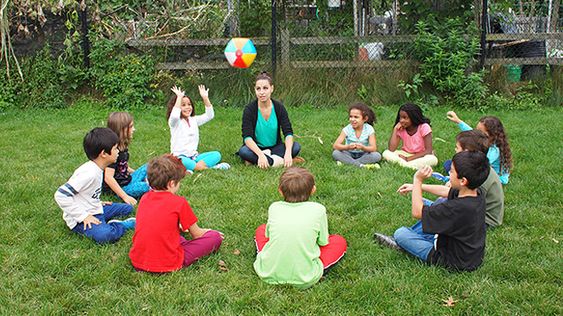
If the child has already learned English at school and has a basic knowledge, this game is ideal for working on sentence construction. To play it, players need to stand in a circle. Once everyone is settled, take the ball and throw it in the direction of the child and ask him/her a question in English. It is important to keep the questions simple and at the child's level. The child will then have to answer with a sentence that he or she has formulated on their own.
For example, say, "What's your name? and the child should answer: "my name is Luka". If the child is not yet able to construct sentences, he or she can answer with one word. Depending on his level, the child can also ask a question by throwing the ball in turn, to you or to another day, the most important is to have fun!
Simon says Flashcards version
You certainly know the game "I see". In this game, the child is supposed to find one or more objects that are described with different adjectives. Well, this game is its equivalent in English!
To play "I spy", all you have to do is choose an object that you can see from where you are or from different elements arranged on a surface. For example, say: ''I spy with my little eye something pink''. The child must then guess by asking you questions in English to find the object: "is it the pillow? is it a toy?" and so on until the child finds the object.
If he asks the question in French because he doesn't know the name of the object, do the translation. Repeat the name of the object three times while pointing to it, that will give him a new word to learn.
For another version of this game. You can also use printable imagiers or flashcards with which the child can make pairs or groups of objects of the same color for example. I spy is an excellent activity for learning or reviewing adjectives, shapes, colors and the names of different everyday objects.
games to teach English to children : Move to the color

To close our selection, here is a game that is very easy to play with very few resources. In order to play Move to the color, you have to bring objects of different colors. And place them everywhere in a room of the house or in the garden. To start the game, tell the children "move to red" for example. And they will have to move to a red object. You can even vary with different action verbs: jump to blue, walk to green, run to black... This activity allows children to better assimilate colors while moving and having fun.
